A company with exclusive control of a valuable asset can charge a toll
If you are 50+, you will remember the days when owning a two-wheeler or a telephone was considered a privilege. If you wanted to buy a two-wheeler, you had to buy a Bajaj Scooter, and if you wanted a telephone, BSNL was your only option. Forget about product quality or customer-friendliness. There was a long waiting list if you wanted to buy either. The license Raj had resulted in these companies getting exclusive control on its manufacture/service and becoming the only choice for consumers. These companies enjoyed exclusive control over their product category. However, this control was lost after liberalization.
Now, consider Sun TV. If you want to advertise a product in Tamil Nadu on a television network, you would have no option but to advertise on Sun TV, because of the very high viewership it commands in that state and the absence of a worthwhile second option.
A company gets exclusive control of a product or service in an area usually because only one supplier can exist profitably, for various reasons. It virtually becomes a monopoly. The biggest advantage that a company enjoys is high sales, as it faces no substantial competition. New customers have to come to the company for its products or services. As a result, the company can command a premium, and not worry about lowering prices due to competitive pressures, though regulators are a concern. This ensures higher margins and high profits. As the company becomes bigger, it can leverage the advantage of economies of scale, and the company’s average costs fall. The company can then maintain prices and increase its margin further, which means even higher profits. The ability to charge a toll thus ensures almost guaranteed profits for a company.
Utility, Media, and Rating companies can charge a toll
Today, having exclusive control has become a rarity due to liberalization. However, some companies do acquire exclusive control in certain cases, e.g. Utility and media companies. Only one Power Supply Company can exist in one area. Similarly, by virtue of a very large readership or viewership, media companies tend to become virtually the only ones in an area. So, if you had to advertise in a newspaper in a particular area, you have to go to the most popular one, e.g. in Mumbai, the Times of India would be an inevitable choice. Likewise, Dainik Jagran (with a readership of 6.5 Cr) commands a position of toll in Hindi-speaking states.
Another similar example is credit rating companies like CRISIL or ICRA. Any company wanting a rating done for its debt and credit facilities would have no option but to go to these companies. Any other rating agency would be unknown, and the purpose of getting a rating done would not be served. This exclusive control is reflected in the financial track record of these companies, especially CRISIL, which has managed to post robust growth.
Toll roads and mining rights are other examples of this moat. Hindustan Zinc Ltd. is a company that has mining rights, thus collecting a toll for its products. The company has in fact made the most of this competitive advantage to record good growth in Sales and EPS.
Do you have investments in companies with such exclusive control? Find a few companies which have this moat and add them to your Stock Watchlist.
Read Also: ‘Moat-4: High Switching Costs – a recipe for companies to hold customers for life’
Need help on Investing? And more….Puchho Befikar
Why MoneyWorks4me | Call: 020 6725 8333 | WhatsApp: 8055769463


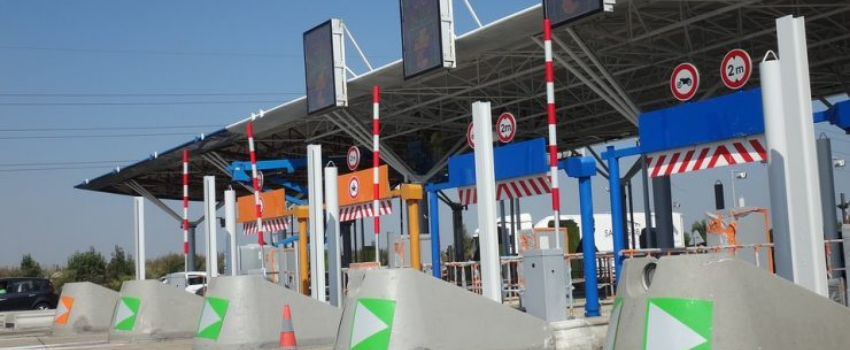


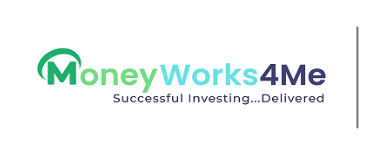

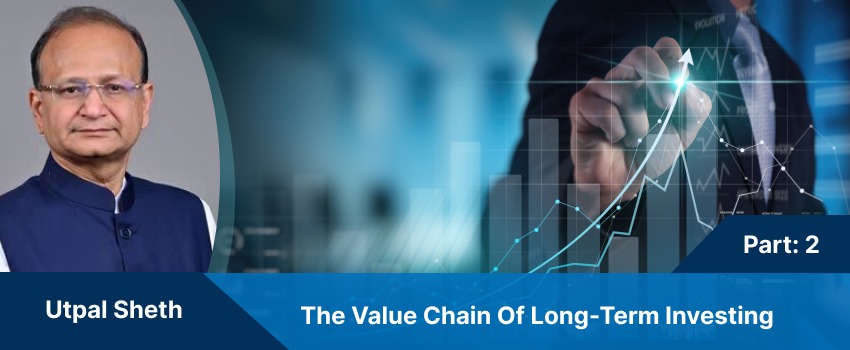
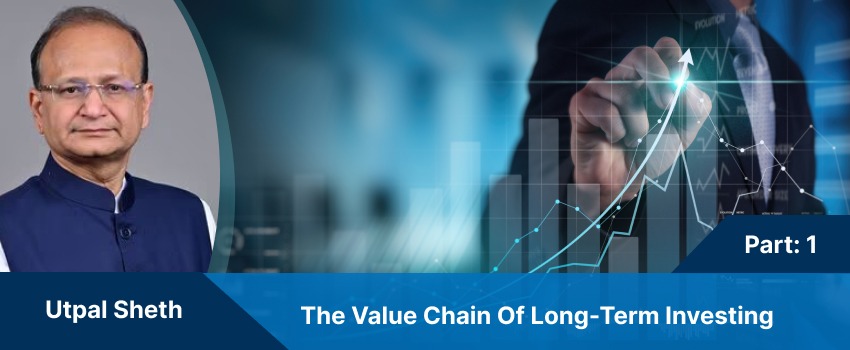



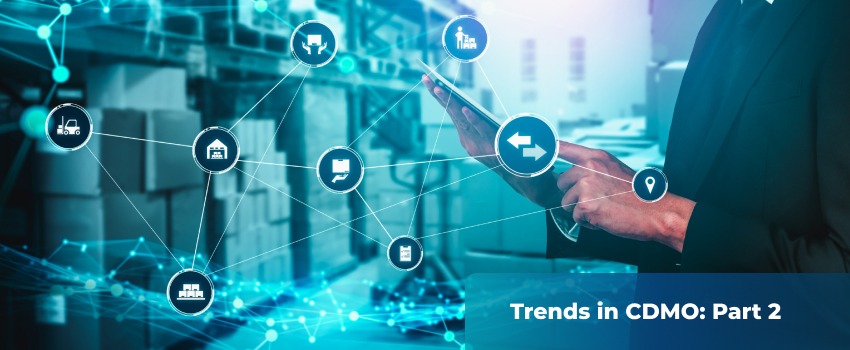
1 comment